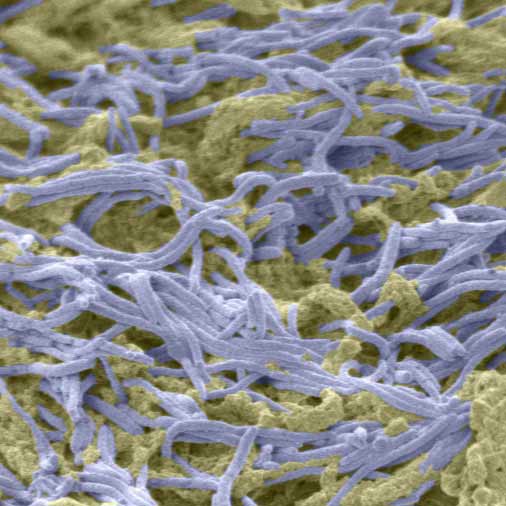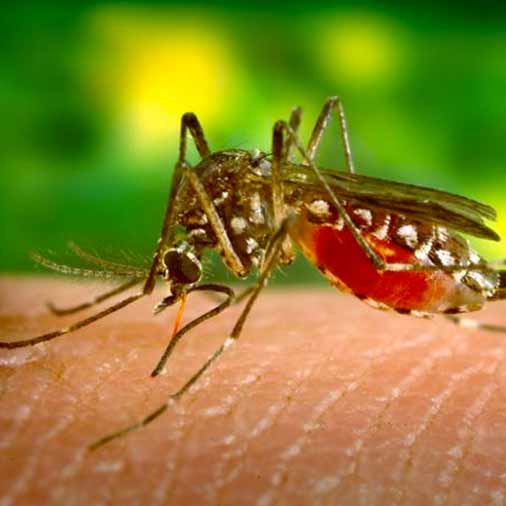Researchers at San Diego State University have discovered a gut virus that exists in more than half of the world’s population, and plays a key role in the onset of conditions including obesity and diabetes.
The newly discovered gut virus, termed as crAssphage, infects Bacteroidetes, which is a highly common gut bacterium, and is widely prevalent in the environment. It exists in sea water, sediments, soil, as well as the guts of humans and animals.
The researchers stumbled upon crAssphage virus while examining the DNA fecal samples of twelve individuals. They found that a specific cluster of viral DNA that they found in the samples didn’t match any of the already known viruses.
Bioinformatics Proferssor Robert A. Edwards said he and his colleagues were shocked to find that such a widespread virus had gone undetected so far.
Speaking on the topic, Edwards said, “It’s not unusual to go looking for a novel virus and find one. But it’s very unusual to find one that so many people have in common. The fact that it’s flown under the radar for so long is very strange.”
To prove the existence of the new virus in nature, they used the DNA amplification technique, which located the new virus in the original samples to build up the National Institute of Health’s database.
The researchers are now trying to grow the virus in a laboratory, and their next step will be to find out how the virus affects gut bacteria in humans and animals.





